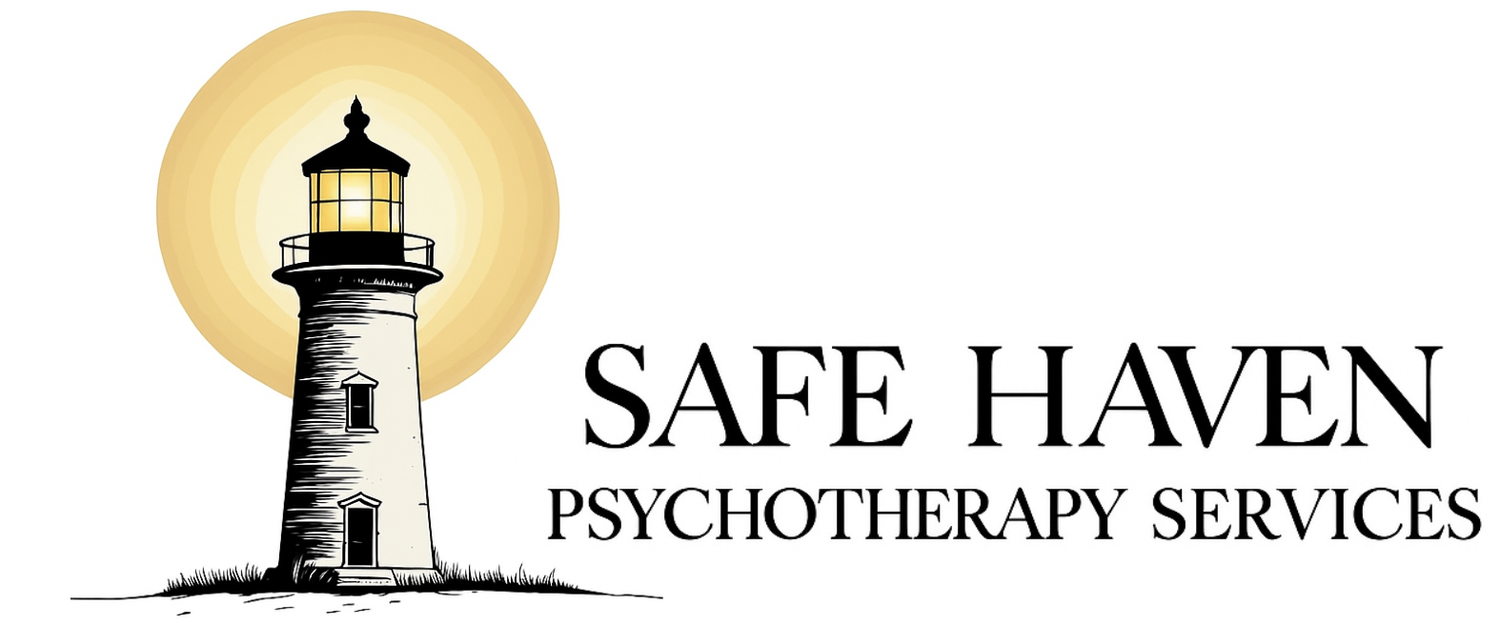Home > Services > CBT
CBT in Norwell, MA
And Virtual Through All of Massachusetts
Looking for CBT? You've found the right place. I will help you change unhelpful thoughts and behaviors to improve your mental health.
How Cognitive Behavioral Therapy (CBT) Can Help You
Identify and Shift Unhelpful Thought Patterns
Learn how to recognize distorted thinking that leads to anxiety, depression, or hopelessness, and replace it with thoughts rooted in truth and clarity.
Build New Emotional Habits
CBT helps you respond to stress with intention, not reactivity, so you feel more stable and less overwhelmed.
Take Action Toward What Matters
You’ll set goals, develop problem-solving skills, and regain a sense of control in your everyday life.
You’re Great at Managing Chaos—Except the Kind Inside Your Head
You’ve trained yourself to think clearly in crisis, show up under pressure, and keep moving when everything around you is falling apart. But when things slow down, your own thoughts catch up. The inner critic gets loud. The worry loops take over. The exhaustion doesn’t stop.
Maybe you find yourself overanalyzing everything: conversations, decisions, mistakes. Or you assume the worst before it happens, constantly preparing for disappointment or danger. Even though you know these patterns aren’t helping, it’s hard to change them on your own.
CBT offers practical, structured tools to interrupt these cycles. Together, we’ll untangle unhelpful thoughts, shift core beliefs, and build new ways of thinking that support your wellbeing.
What is CBT?
Cognitive Behavioral Therapy is a research-backed approach that focuses on the relationship between your thoughts, feelings, and behaviors. When you experience trauma or prolonged stress, your brain often learns to expect danger, failure, or shame… and your thoughts reflect that.
CBT teaches you how to recognize those patterns, test them against reality, and shift them toward something more balanced and empowering. You’ll learn how your beliefs affect how you feel, and how changing your thoughts can change your emotions and your life.
This isn’t just about “thinking positive.” It’s about being honest with your thoughts, curious about your reactions, and intentional with your healing.
Sometimes the hardest part of helping others is the silence you keep with yourself. The self-doubt. The inner critic. The thoughts that loop endlessly in your mind, convincing you that you’re not doing enough, or that something’s wrong with you for struggling. You’re not alone, and you’re not broken.
That’s exactly why I created this space… to support helpers like you who are tired of feeling overwhelmed, burned out, or stuck. I specialize in working with first responders, nurses, teachers, and caregivers who have faced trauma and need a compassionate, gentle approach to healing.
With CBT, we’ll uncover the thought patterns shaped by stress and trauma and gently shift them toward clarity, self-compassion, and strength. This is a judgment-free zone where your whole self matters, not just your professional role. I’ll be here with you every step of the way.
Why Choose Safe Haven Psychotherapy Services?
With CBT, you may begin to experience:
Less anxiety, shame, and self-blame
More control over your thoughts and reactions
Increased confidence in handling daily challenges
Greater clarity around boundaries and decisions
A renewed sense of purpose, peace, and possibility
Imagine quieting the voice in your head that always expects the worst. Imagine feeling steady even when life is hard. Imagine thinking in ways that actually support the version of you you want to become.
CBT gives you the tools. Together, we’ll practice them so they become your new normal.
When You Change the Way You Think, You Change the Way You Live
Frequently Asked Questions About CBT
Curious about what CBT looks like? Here are answers to some of the most common questions to help you feel more confident about taking the next step.
-
Nope. CBT isn’t about ignoring problems or forcing optimism. It’s about identifying distorted thoughts and replacing them with realistic, helpful alternatives. It’s grounded in truth, not toxic positivity.
-
CBT is often short- to mid-term and goal-focused. Many people see progress in 8–20 sessions, though trauma-related issues may take longer. We’ll tailor the pace to your needs.
-
CBT can absolutely help with trauma. While it doesn’t always process trauma directly like EMDR or parts work, it helps reduce distressing symptoms, challenge trauma-related beliefs, and rebuild emotional regulation.
-
Often, yes—but it’s collaborative. CBT tends to be skill-building, so between-session reflection or practice can help solidify change. We’ll find strategies that work with your schedule and learning style.
-
Yes. I often integrate CBT with EMDR, DBT, somatic work, or Christian counseling, depending on your goals. It’s one piece of a comprehensive, whole-person healing approach.





